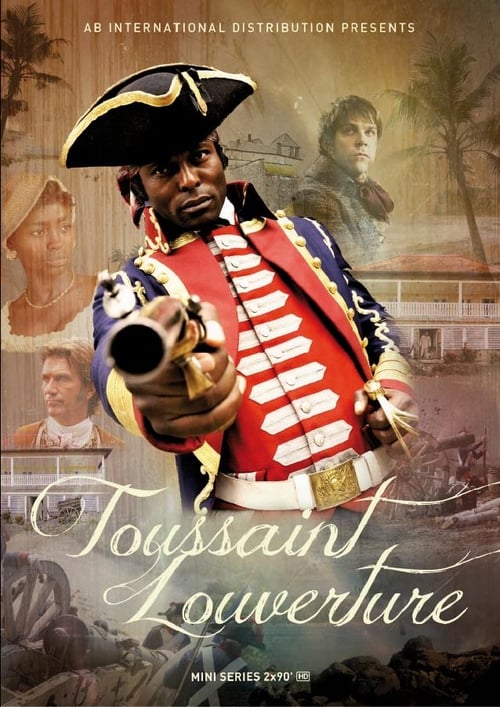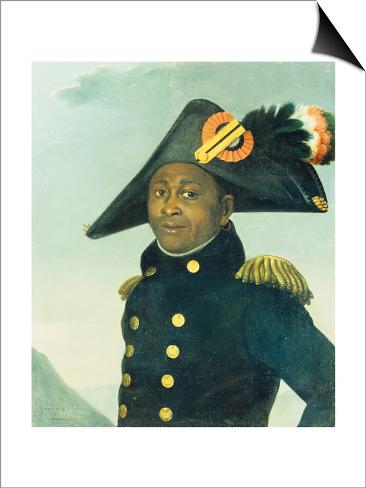

It also divided the French as to whether they could continue holding their black subjects in unfreedom. The revolution in Paris inspired the Haitians, many of whom were aware of its universal tenets. The French Revolution, occurring around the same time as the revolution in Haiti, also played a huge role in the victory of the former slaves. Among other things he cunningly used time and the natural environment as a deliberate weapon to wipe out European armies, which he knew could not last long in the tropical climate. From a military standpoint, Louverture clearly proved himself to be a capable general. Essentially a small elite of freedmen were the leaders of the revolt, but how they managed arms, communication and training remains mysterious. To be honest this book glosses over the subject and I was not much more enlightened as to how the Haitians organized themselves. I have always been curious as to how a slave uprising was able to arm, train and organize itself to the point where it defeated a powerful European empire in battle. Many Haitians can in fact trace their lineages back to Allada, a knowledge that is denied to most African-Americans and Afro-Caribbeans of the British empire. It is notable that today Louverture is honored in that country with a giant statue.

For the period of his life when he was in bondage as well as his family background, the book relies on reconstructions of slave life in Haiti and Louverture's parents origins in the West African kingdom of Allada, which is located in present-day Benin.

I dare to announce it." The military phase of the revolution did not even begin until Louverture was 50 years old, by then a relatively elderly freedman (the details of how he gained his freedom is similarly obscure) in a colony where he was already nearing the peak of life expectancy. He himself did not want to discuss it and his memoir mentions that entire period of his life with the single haunting phrase, "I was slave. This is due to the very fact that he was a slave. Much of Louverture's pre-political life is difficult to know. In doing so he paints a more complicated yet ultimately still impressive picture of a man who rose from slave origins to challenge the most powerful empire of his time. In this biography, Philippe Girard does an admirable job of recreating Louverture's life. Both of these depictions are too simplistic. The leader of the Haitian Revolution, Louverture has been alternately depicted as a Spartacus-like figure who avenged the victims of slavery, or a calculating politician who intended to hold the slave system in place while reengineering it to benefit a new black elite. The figure of Toussaint Louverture seems to grow larger as time goes on.


 0 kommentar(er)
0 kommentar(er)
